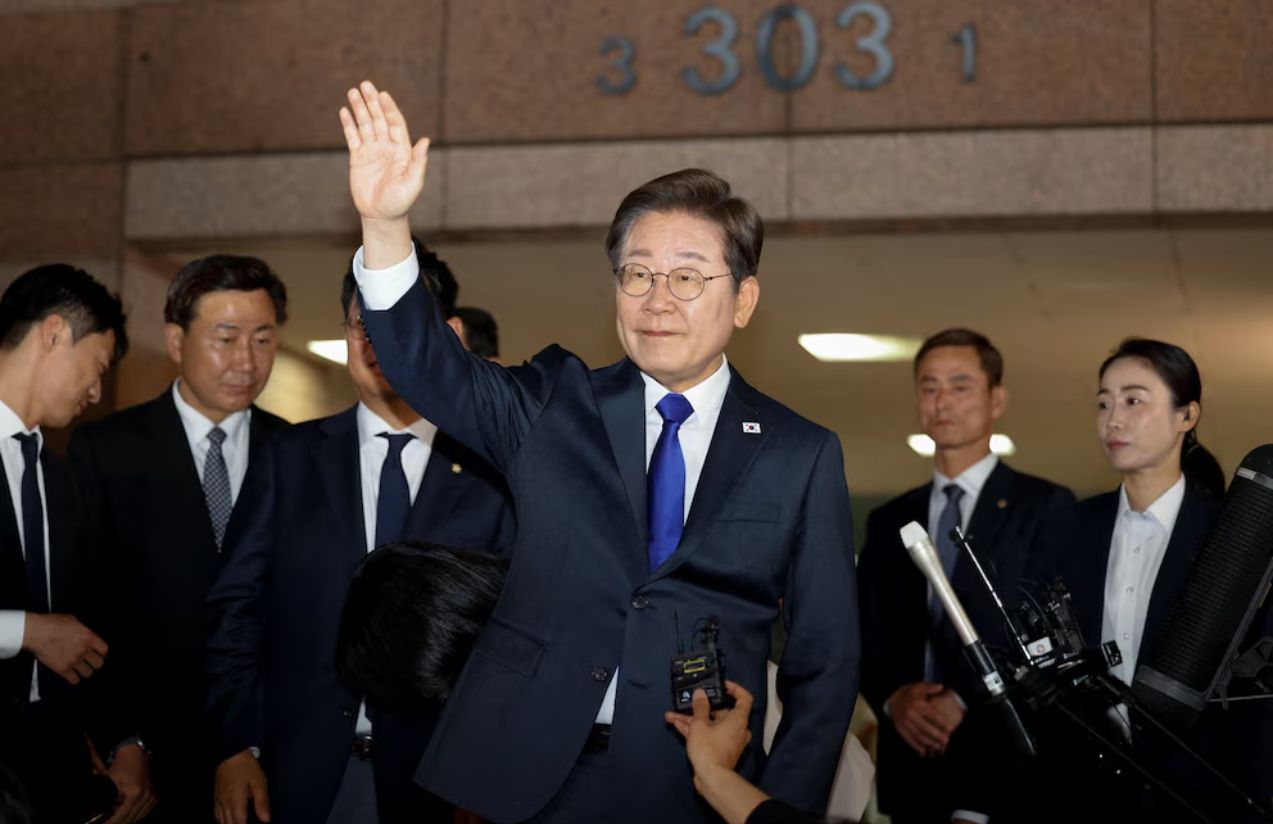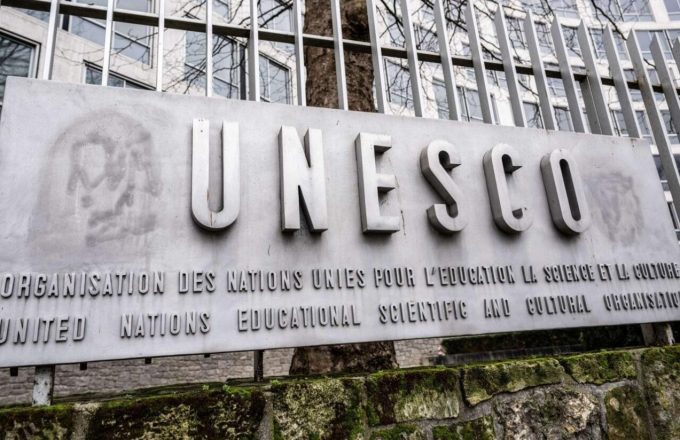Lee Jae-myung will become the next president of South Korea after a decisive victory in snap elections triggered by a deep political crisis. His rise to power comes at a critical juncture, as he faces a pending criminal trial that could prove to be the greatest challenge of his presidency.
His win marks the return of the liberal Democratic Party (DP) to power, following the historic ousting of conservative president Yoon Suk-yeol. Yoon was removed from office in December by the Constitutional Court for unconstitutionally imposing martial law, plunging the country into turmoil.
Born in 1964 in Andong, Lee grew up in poverty and moved with his family to Seongnam, a satellite city south of Seoul. He overcame a difficult childhood and earned a law degree on a scholarship. Beginning his career as a human rights lawyer, he entered politics in 2004 with the Democratic Party. He served as mayor of Seongnam from 2010 to 2018, and later as governor of Gyeonggi Province, South Korea’s most populous region.
As a public official, Lee earned a reputation for fiscal efficiency and expanding welfare programs, including a basic income plan for young people. However, his political journey has not been without controversy, including family disputes and a lingering corruption allegation from his mayoral tenure.
Critics have linked him to a suspected profit-sharing scheme in the Daejang-dong real estate development project. The case drew national attention in 2021 when one of the accused, Kim Moon-ki, was found dead under circumstances that remain murky.
After narrowly losing the 2022 presidential election to Yoon, Lee re-emerged with a more conciliatory approach. He was nominated as the DP’s presidential candidate on April 27, receiving overwhelming internal support of 89.77%, just days after Yoon’s dramatic fall from power.
Still, legal troubles persist. In May, the Supreme Court ordered the reopening of a case against Lee for allegedly making false statements related to the Daejang-dong scandal. Although he was acquitted on appeal, the ruling was overturned, and a new hearing is set for June 18.
Under the South Korean Constitution, a sitting president cannot face criminal prosecution except in cases of treason or insurrection. However, legal experts remain divided on whether this immunity applies to cases initiated before assuming office. Some argue that the proceedings can continue, while others believe they should be paused until the end of the presidential term.
If lower courts follow the Supreme Court’s lead—as they often do—Lee could face an unfavorable verdict. While it may not result in immediate removal from office, it would cast a shadow over the legitimacy of his administration.
Throughout the campaign, Lee moderated his tone, distancing himself from his typically combative style and leaning toward a center-right stance. He focused on economic and technological initiatives while maintaining a commitment to social justice.
His plans include the creation of a Ministry of Climate and Energy and new industrial and digital development policies. On gender issues, he avoided ideological clashes and instead advocated for strengthening the Ministry of Gender Equality and Family—contrary to conservative rivals who have called for its dissolution.
In foreign policy, Lee promotes a pragmatic, results-oriented strategy. While maintaining a low profile on North Korea, he has expressed interest in reviving inter-Korean dialogue as a path to regional stability. Regarding the reimposition of U.S. tariffs under Donald Trump, Lee seeks a balance between economic pragmatism and national strategic interests.
His campaign team describes his diplomatic vision as “pragmatic and mutually beneficial,” focused on transparency, dialogue, and building alliances “based on trust, not blind alignment.”
According to South Korean law governing special elections, Lee will take office immediately without a transition period. His inauguration is scheduled for Wednesday, just hours after the official results are confirmed.
Alongside economic and geopolitical challenges, Lee inherits a nation deeply polarized along ideological, generational, and gender lines. In his final rally on Monday in Seoul, he pledged to launch a “radiant revolution” and vowed to uncover the truth behind his predecessor’s downfall. “We will, without fail, identify those responsible for the insurrection, clarify the facts, and ensure that those most involved are held accountable,” he declared.
“If the people come together,” he concluded, “we can stop the violence of the powerful and protect the weak—creating a great, harmonious nation where we can all live together in hope.”
In a South Korea still reeling from its second presidential impeachment in just three election cycles, Lee Jae-myung’s mission is to heal divisions and usher in a new era of national reconciliation. Yet the trajectory of his presidency will largely depend on the outcome of his pending trial.




















